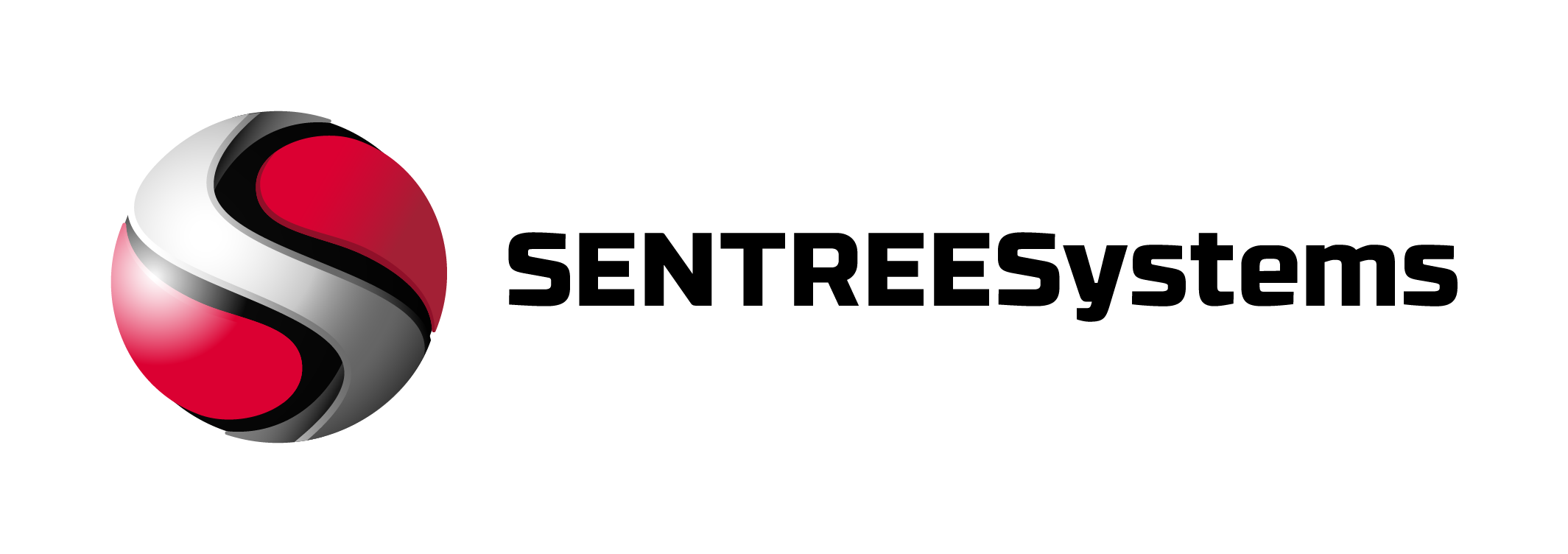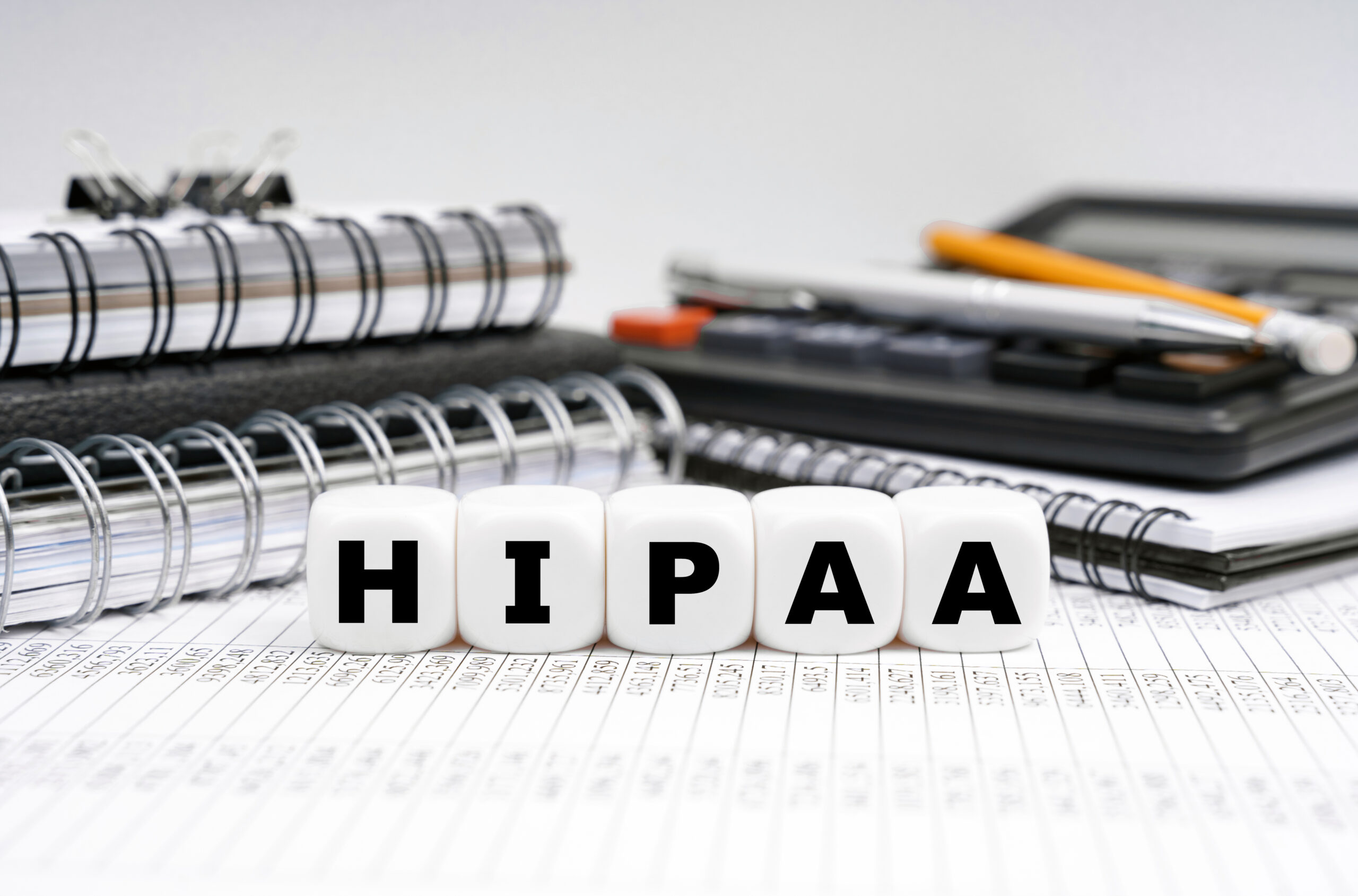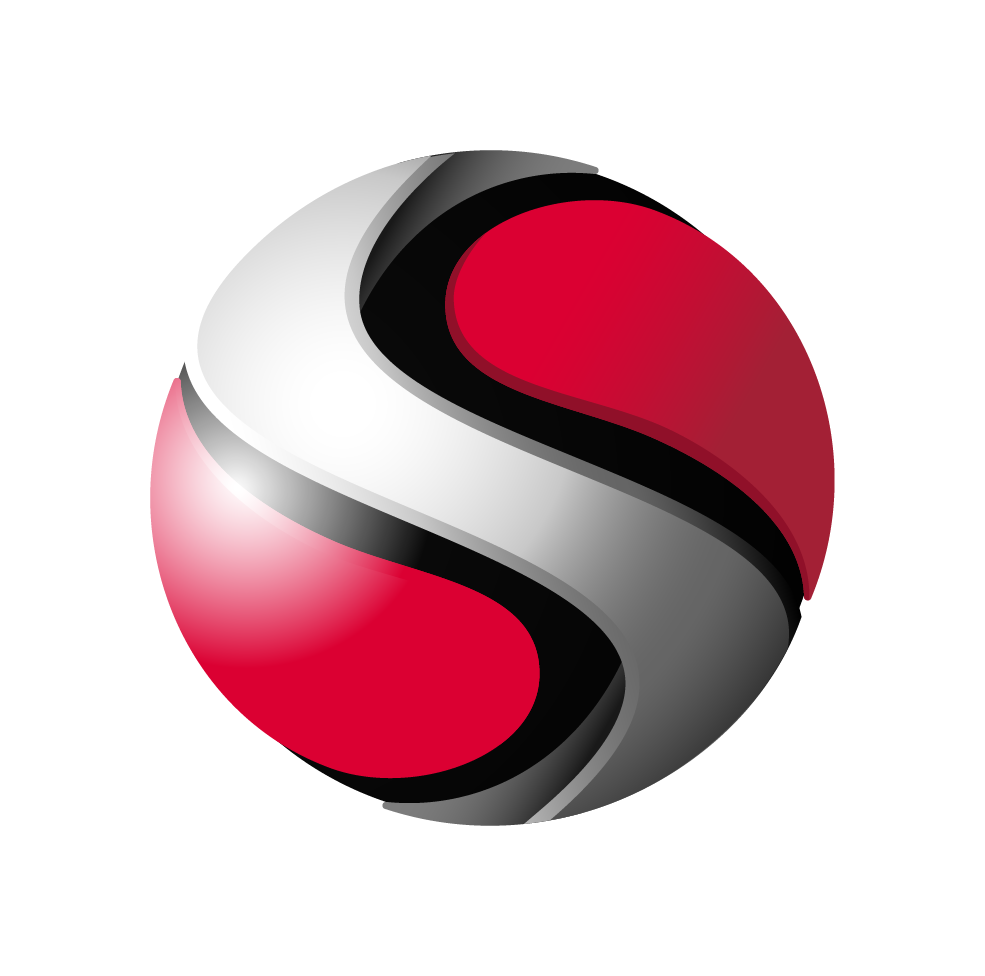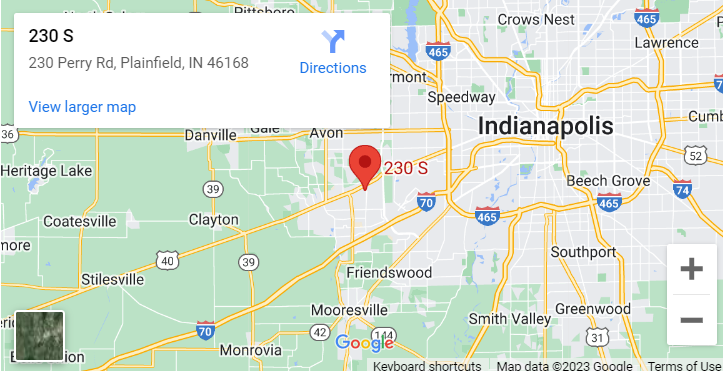Introduction to HIPAA Compliant Medical Billing Software
For medical practices and healthcare providers, ensuring the security and privacy of patient information is of utmost importance. This is where HIPAA compliant medical billing software comes into play.
Overview of HIPAA regulations and the importance of compliance in medical billing software
HIPAA, which stands for the Health Insurance Portability and Accountability Act, sets standards for protecting sensitive patient data. Compliance with HIPAA regulations is crucial for medical practices to avoid penalties and maintain the trust of their patients.
In the context of medical billing software, HIPAA compliance means that the software meets the necessary security and privacy requirements to handle and store patient information securely. This includes features such as encryption, access controls, audit trails, and secure data transmission.
Using HIPAA compliant medical billing software offers several benefits:
- Data Security: By using software that is designed to meet HIPAA standards, medical practices can ensure that patient information is protected from unauthorized access or breaches.
- Compliance: Using compliant software helps medical practices meet their legal obligations under HIPAA regulations, reducing the risk of penalties or legal consequences.
- Efficiency: HIPAA compliant medical billing software often includes features that streamline billing processes, such as automated claims submission and electronic remittance advice (ERA), saving time and improving efficiency.
- Patient Trust: When patients know that their sensitive information is being handled securely and in compliance with HIPAA regulations, it builds trust in the medical practice and enhances the patient-provider relationship.
In conclusion, using HIPAA compliant medical billing software is essential for medical practices to protect patient data, maintain compliance with regulations, improve efficiency, and build trust with patients. Investing in software that meets these standards is a crucial step for any healthcare provider looking to streamline their billing processes while ensuring the security and privacy of patient information. [1][2]

Key Features of HIPAA Compliant Medical Billing Software
Explanation of essential features and functionalities needed for HIPAA compliance
When it comes to medical billing software, ensuring HIPAA compliance is crucial for healthcare organizations. HIPAA (Health Insurance Portability and Accountability Act) sets the standards for protecting sensitive patient data. Here are some key features and functionalities that are essential for HIPAA compliant medical billing software:
- Patient Pre-registration: An accurate and consistent system of patient pre-registration helps optimize the billing workflow. It allows for the collection of preliminary information, reducing vulnerabilities to billing errors.
- Appointment Scheduling and Claims Processing: Incorporating appointment management and claims processing features streamlines the organization of medical billing and coding. It saves time and reduces inaccuracies in the claims management process.
- Electronic Claims Submission: A HIPAA compliant medical billing software should support electronic claims submission, ensuring seamless communication between patients, caregivers, and providers. This paperless process enhances overall interoperability in healthcare.
- Multiple Payment Modes: The software should be compatible with various payment modes, including cash and credit cards. Offering flexible payment options enhances patient satisfaction and increases revenue.
- Automated Accounting: Medical billing software with automated accounting capabilities provides efficient analysis through the application of medical documents. It simplifies financial management processes and ensures accuracy.
- Security Measures: HIPAA compliant software must have robust security measures in place to protect patient data. This includes encryption, access controls, audit trails, and regular data backups.
- Reporting and Analytics: Comprehensive reporting and analytics features enable healthcare organizations to monitor financial performance, track claims, identify trends, and make data-driven decisions.
By incorporating these essential features and functionalities into their medical billing software, healthcare organizations can ensure HIPAA compliance while streamlining their billing processes. It not only protects sensitive patient information but also improves efficiency and accuracy in financial management. [3][4]
Top HIPAA Compliant Medical Billing Software Providers
When it comes to managing medical billing, healthcare providers need to ensure that they are using software that is compliant with the Health Insurance Portability and Accountability Act (HIPAA). This act sets the standards for protecting sensitive patient information and maintaining the privacy and security of healthcare data. To help you choose the right software for your practice, here is a review and comparison of some of the leading HIPAA compliant medical billing software providers in the market.
Review and comparison of leading software providers in the market
- athenahealth: athenahealth offers a comprehensive suite of cloud-based solutions for medical billing, practice management, and electronic health records (EHR). Their software is designed to streamline workflows, improve efficiency, and ensure compliance with HIPAA regulations.
- Kareo: Kareo is a web-based medical billing and practice management solution that caters to small practices and billing companies. Their software includes features such as electronic claims submission, patient scheduling, and revenue cycle management.
- DrChrono: DrChrono provides an iPad and iPhone compatible EHR and medical billing platform that allows healthcare providers to manage patient intake, care, clinical charting, billing, and revenue cycle management. Their software is intuitive and user-friendly.
- NextGen Healthcare: NextGen Healthcare offers scalable integrated solutions and professional services to help practices administer excellent care and operate more efficiently. Their software includes features such as electronic health records, practice management, and revenue cycle management.
- AllegianceMD: AllegianceMD is a cloud-based medical software system designed for small to midsize practices and ambulatory surgery centers. Their software includes practice management functionality for billing and revenue cycle management.
Choosing the right HIPAA compliant medical billing software is crucial for healthcare providers to ensure the security and privacy of patient information while streamlining their billing processes. Consider the specific needs of your practice and compare the features and pricing of different software providers to make an informed decision. [5][6]
Benefits of Using HIPAA Compliant Medical Billing Software
Advantages and positive impacts of implementing compliant software in medical billing processes
Implementing HIPAA compliant medical billing software can bring numerous benefits to healthcare providers. Here are some advantages and positive impacts of using such software in medical billing processes:
- Enhanced Data Security: HIPAA compliant software ensures that patient data is stored securely and protected from unauthorized access. It uses encryption techniques and access controls to safeguard sensitive information, reducing the risk of data breaches and ensuring compliance with privacy regulations.
- Streamlined Billing Processes: HIPAA compliant software automates and streamlines billing procedures, making them more efficient and accurate. It eliminates manual tasks, such as sending patient statements, and automates billing services, allowing healthcare providers to focus on patient care.
- Improved Financial Performance: By automating billing processes and reducing errors, HIPAA compliant software helps improve the financial performance of healthcare organizations. It ensures accurate claims processing, reduces claim denials, and speeds up reimbursement, leading to increased revenue.
- Increased Efficiency: HIPAA compliant software simplifies coding by providing easy access to medical codes and automating the coding process. It also streamlines claim processing by verifying insurance benefits, checking for errors, and submitting claims electronically. This saves time and reduces administrative burdens.
- Better Patient Experience: With HIPAA compliant software, healthcare providers can enhance the patient experience by automating appointment scheduling, prescription refill requests, and secure messaging capabilities. This improves communication between patients and their care team, leading to faster turnaround times and fewer errors.
In conclusion, using HIPAA compliant medical billing software offers several benefits to healthcare providers. It ensures data security, streamlines billing processes, improves financial performance, increases efficiency, and enhances the overall patient experience. Implementing such software can help healthcare organizations stay compliant with regulations while optimizing their billing operations. [7][8]
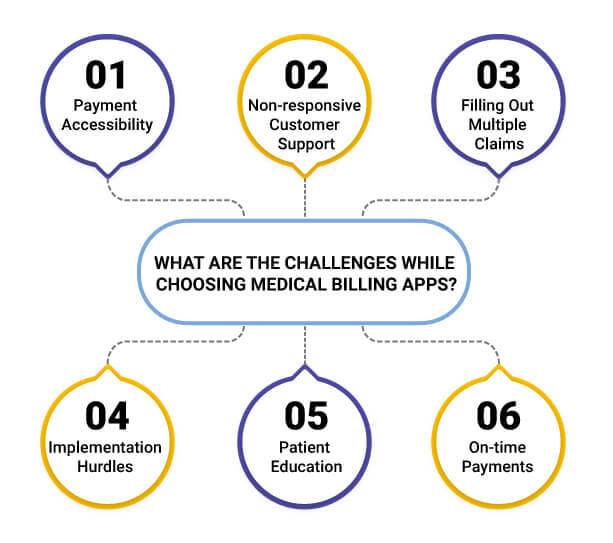
Factors to Consider When Choosing HIPAA Compliant Medical Billing Software
Important considerations and criteria to evaluate when selecting a software solution
When it comes to medical billing software, compliance with the Health Insurance Portability and Accountability Act (HIPAA) is crucial. HIPAA sets the standards for protecting sensitive patient information and ensuring its confidentiality. To ensure you choose the right HIPAA compliant medical billing software for your practice, here are some important factors to consider:
- Security Measures: Look for software that offers robust security features, such as encryption, access controls, and regular data backups. It should also have audit trails to track any changes made to patient information.
- Electronic Claims Submission: The software should support electronic claims submission to insurance companies, reducing paperwork and streamlining the billing process. It should also provide real-time eligibility verification to prevent claim rejections.
- Integration: Consider how well the software integrates with your existing practice management system or electronic health record (EHR) system. Seamless integration ensures smooth data flow between different systems, reducing errors and improving efficiency.
- Reporting and Analytics: Look for software that provides comprehensive reporting and analytics capabilities. This allows you to track key performance indicators, identify trends, and make data-driven decisions to optimize your billing processes.
- User-Friendly Interface: Choose software that is intuitive and user-friendly. A well-designed interface makes it easier for your staff to navigate the system, reducing training time and increasing productivity.
- Customer Support: Consider the level of customer support provided by the software vendor. Ensure they offer timely assistance and have a reputation for excellent customer service.
By carefully evaluating these factors, you can select a HIPAA compliant medical billing software that meets the unique needs of your practice while ensuring the security and privacy of patient information.
Implementation Process of HIPAA Compliant Medical Billing Software
Step-by-step guide on how to successfully implement the software in a healthcare organization
Implementing HIPAA compliant medical billing software is crucial for healthcare organizations to ensure the security and privacy of patient information. Here is a step-by-step guide to help you successfully implement this software in your organization.
- Assess your needs: Begin by evaluating your organization’s specific requirements and goals. Identify the areas where the software can improve efficiency and compliance.
- Research and select a reliable vendor: Look for vendors that offer HIPAA compliant medical billing software. Consider factors such as reputation, features, ease of use, customer support, and pricing.
- Train your staff: Provide comprehensive training to your staff members on how to use the software effectively. This will ensure that everyone understands the features, functionalities, and compliance requirements.
- Customize the software: Tailor the software to meet your organization’s specific needs. Configure settings, templates, and workflows to align with your existing processes.
- Integrate with existing systems: Ensure seamless integration with other systems used in your organization, such as electronic health records (EHR) or practice management systems. This will streamline data sharing and improve overall efficiency.
- Test thoroughly: Conduct thorough testing of the software before going live. Test various scenarios to ensure that all functionalities are working correctly and that data is being securely transmitted and stored.
- Train your staff again: Once testing is complete, provide a refresher training session to ensure that everyone is comfortable using the software and understands any updates or changes made during the implementation process.
- Go live with caution: When you are confident that everything is working smoothly, go live with the software. Monitor closely during the initial days to address any issues promptly.
- Regularly review and update: Continuously review and update your software to stay compliant with changing HIPAA regulations and to take advantage of new features and improvements offered by the vendor.
By following these steps, you can successfully implement HIPAA compliant medical billing software in your healthcare organization, ensuring the security and privacy of patient information while improving efficiency and compliance.
Training and Support for HIPAA Compliant Medical Billing Software
Importance of training and ongoing support for users to ensure effective utilization of the software
When it comes to medical billing software that is HIPAA compliant, it is crucial for users to receive proper training and ongoing support. The complexity of healthcare regulations and the sensitive nature of patient data require a high level of expertise and knowledge to ensure compliance and protect patient privacy. Here are some key reasons why training and support are essential for effective utilization of HIPAA compliant medical billing software.
- Compliance with HIPAA regulations: HIPAA regulations are designed to protect patient privacy and ensure the security of their health information. Training helps users understand the requirements and guidelines set forth by HIPAA, ensuring that they handle patient data in a compliant manner.
- Efficient use of software features: Medical billing software often comes with a range of features and functionalities that can streamline billing processes and improve efficiency. Proper training enables users to fully utilize these features, maximizing the benefits of the software.
- Reduced errors and improved accuracy: Billing errors can lead to claim denials, delayed payments, and potential compliance issues. Training helps users understand the correct procedures for entering data, submitting claims, and handling billing-related tasks, reducing errors and improving accuracy.
- Ongoing support: Even with comprehensive training, users may encounter challenges or have questions while using the software. Ongoing support from the software provider ensures that users have access to assistance whenever needed, helping them overcome any obstacles and maintain smooth operations.
In conclusion, training and ongoing support are vital for users of HIPAA compliant medical billing software. They ensure compliance with regulations, efficient use of software features, reduced errors, improved accuracy, and access to assistance when needed. By investing in training and support, healthcare organizations can optimize their billing processes and protect patient privacy effectively.
FAQ’s
What is medical billing?
Medical billing is the process of submitting and following up on claims with health insurance companies in order to receive payment for services rendered by a healthcare provider.
What is HIPAA?
HIPAA stands for the Health Insurance Portability and Accountability Act. It is a federal law that was enacted in 1996 to establish national standards for the protection of certain health information.
What is protected health information (PHI)?
Protected health information (PHI) refers to any individually identifiable health information that is transmitted or maintained by a covered entity, such as a healthcare provider or health plan. This includes information related to an individual’s past, present, or future physical or mental health condition, as well as any healthcare services provided to them.
What are the HIPAA rules?
The HIPAA rules consist of the Privacy Rule, the Security Rule, and the Breach Notification Rule. The Privacy Rule sets standards for the use and disclosure of PHI, while the Security Rule establishes standards for the security of electronic PHI. The Breach Notification Rule requires covered entities to notify individuals, the Secretary of Health and Human Services, and in some cases, the media, in the event of a breach of unsecured PHI.
What does it mean to be HIPAA compliant?
Being HIPAA compliant means that an entity, such as a medical billing company, has implemented the necessary administrative, physical, and technical safeguards required by HIPAA to protect the privacy and security of PHI.
What are the HIPAA compliance requirements for medical billing companies?
Medical billing companies must comply with the HIPAA Privacy Rule, the HIPAA Security Rule, and the Breach Notification Rule. This includes implementing policies and procedures to safeguard PHI, training employees on HIPAA requirements, and conducting regular risk assessments to identify and mitigate potential vulnerabilities.
What is the role of a business associate under HIPAA?
A business associate is any person or entity that performs functions or activities on behalf of a covered entity that involve the use or disclosure of PHI. Business associates must enter into a written agreement with the covered entity, known as a business associate agreement, which outlines their responsibilities for protecting PHI.
What is the HITECH Act?
The HITECH Act, which stands for the Health Information Technology for Economic and Clinical Health Act, was enacted as part of the American Recovery and Reinvestment Act of 2009. It expanded the requirements of HIPAA and established additional protections and penalties for the electronic exchange
Security Measures in HIPAA Compliant Medical Billing Software
Explanation of security protocols, encryption, and data protection measures in compliant software
When it comes to handling sensitive patient information, healthcare providers must prioritize data security. This is where HIPAA compliant medical billing software plays a crucial role. Such software ensures that patient data is protected and handled in accordance with the Health Insurance Portability and Accountability Act (HIPAA) regulations.
One of the key features of HIPAA compliant medical billing software is the implementation of robust security protocols. These protocols are designed to safeguard patient information from unauthorized access or breaches. The software utilizes encryption techniques to protect data both during transmission and storage. Encryption ensures that even if someone gains access to the data, it remains unreadable and unusable without the decryption key.
In addition to encryption, compliant software also incorporates various data protection measures. This includes strict access controls, multi-factor authentication, and regular audits to monitor and track user activities. These measures ensure that only authorized personnel can access patient data and that any suspicious or unauthorized activities are detected promptly.
Furthermore, HIPAA compliant medical billing software often includes features like automatic logoff, which logs out users after a period of inactivity, reducing the risk of unauthorized access when a device is left unattended. Regular software updates are also crucial for maintaining security, as they address any vulnerabilities or weaknesses that may be discovered over time.
By using HIPAA compliant medical billing software, healthcare providers can have peace of mind knowing that they are adhering to the highest standards of data security. This not only protects patient confidentiality but also helps to build trust with patients who rely on their healthcare providers to keep their personal information secure.
Overall, investing in HIPAA compliant medical billing software is essential for healthcare providers who want to ensure the privacy and security of their patients’ sensitive information.
Conclusion
In conclusion, it is crucial for healthcare providers to use HIPAA compliant medical billing software to ensure the protection of patient information and maintain compliance with HIPAA regulations. By using compliant software, healthcare providers can avoid potential violations and penalties, as well as improve patient outcomes and satisfaction scores.
Summary of key points and final thoughts on the significance of using HIPAA compliant medical billing software
- Protecting patient information: HIPAA compliant medical billing software ensures the confidentiality and security of sensitive patient data, preventing unauthorized access or breaches.
- Compliance with regulations: Using compliant software helps healthcare providers meet the requirements set forth by HIPAA, avoiding potential violations and penalties.
- Better patient outcomes: Complying with HIPAA regulations and using secure software can lead to improved patient outcomes, as healthcare providers can focus on delivering quality care without the worry of data breaches or privacy concerns.
- Higher satisfaction scores: Patients value their privacy and expect their healthcare providers to protect their personal information. By using HIPAA compliant software, healthcare providers can enhance patient trust and satisfaction.
- Streamlined billing processes: HIPAA compliant medical billing software offers efficient and streamlined billing processes, reducing errors and improving overall operational efficiency.
In conclusion, using HIPAA compliant medical billing software is essential for healthcare providers to protect patient information, maintain compliance with regulations, improve patient outcomes, and enhance satisfaction scores. By investing in secure software solutions, healthcare providers can ensure the privacy and security of sensitive data while delivering quality care to their patients. [9][10]
